Menu
Table of contents
1. A podcast is good for sharing news and knowledge (internal and external)
That I'm a fan of blogging, you know if you read my content. But in a podcast, you can share much more (and faster) valuable information in a shorter amount of time.
Unfortunately without a picture, but you know that when you're podcasting.
Because you can share so much information in a short amount of time, a podcast is a great tool for making people smarter. And these can be people inside your organization (for example, employees or interns), but these can also be people outside your organization (for example, customers or leads).
2. A podcast can be a good lead generator
'Hey Daniel, I was listening to your podcast and I'm curious what you can do for us.'
Believe it or not, but that has since happened. And no, this person I did not know yet and was totally unknown to me.
Small disclaimer: just having a podcast is not enough, of course you have to market it. We do this through sharing on social media, posting the podcast on our website, mentioning the podcast in our automations and in our email signatures.
3. A podcast is the foundation for your content strategy
If you have created a podcast, it can be the basis for your content strategy. You can use the namely:
- Writing out the podcast ate into a blog
- Record the podcast and turn this into a YouTube video
- Using short excerpts on LinkedIn
- Posting quotes on Twitter
- Putting part of the podcast on Facebook
- Posting the best moment on TikTok
And so on and so forth. So if you're having trouble coming up with content or a content strategy, podcasting could be the way to go.
4. You learn a lot when you do a podcast
If you do the podcast all by yourself, you're really going to learn a lot of new (and useful) things. Think about:
- Dealing with all the software involved (for sound, images actually everything around the production)
- Distribution of the podcast (e.g., via Anchor.fm)
- All the hardware involved (microphone, camera, etc.)
- Interviewing people (or if you do the podcast alone, you need to learn to have a good story and tell it yourself).
- Coming up with topics
In addition, podcasting (and recording the podcast) makes me a little more confident in front of the camera. In the beginning this was a bit uncomfortable, but I'm getting more and more used to it. So podcasting definitely improves your soft skills as well.
5. Everyone learns in a different way
I personally am not a fan of reading books and really have to force myself to read a book. But when I learn by listening or through a video, I learn many times easier and faster. It simply takes less effort on my part.
Now suppose you only share content in the form of blogs, then you exclude all people who are auditory-minded. And that's a missed opportunity.
So with podcasting, you make sure your content is accessible to everyone.
6. A podcast makes it easier to get into conversation with people you'd like to talk to
When I was asked as a guest for a podcast 2 years ago, I felt flattered. I thought, "Wow, how cool that I'm being asked.
And as it turns out, I'm not the only one who has....
You can take advantage of that nicely with your podcast. Or abuse it. Would you like to have a conversation with someone because you look up to that person? Ask them to be a guest on your podcast.
Would you like someone as a client and don't want to make cold calls? Ask them as a guest for your podcast.
Want that person to invest in your business? Ask him as a guest for your podcast.
I could go on and on like this.
Sending someone a message and saying 'I think what you're doing is really cool. Would you talk about that on my podcast sometime?" works much better than "I'd love to have a cup of coffee with you sometime to see what we can do for each other.
7. People can listen to your podcast anywhere
The disadvantage of a blog or video, is that people can't always watch/read it. After all, reading a book while driving doesn't seem very convenient to me.
And the same goes, of course, when you're at the gym. A podcast someone can listen to anytime. Whether they're in the car, in the supermarket or sitting comfortably on the couch.
So a podcast is like a machine that's always working for you, just like a blog. Only a podcast is even more accessible.
8. A podcast is good for your personal branding & expert status or branding for your business
Sharing valuable knowledge gets people to see you as an expert. The same goes for your podcast, of course.
When people see you as an expert on a certain subject, that is good for your personal branding, but also for the company you work for. Because if they then have a question or problem related to that topic, they are more likely to knock on your / your company's door.
9. Podcasts play perfectly into voice search
Whereas Google used to be mostly about text, voice is becoming increasingly important. For example, Google itself already shows the podcast. Check it out!

But in addition to showing the podcast, Google is going much further. Google will soon be able to extract snippets from your podcast and show them when someone asks a question that matches what you're talking about in the podcast.
But don't forget smart speakers like Google Home, Alexa, etc. They too can list parts of your podcast in response to a search result.
10. Creating a podcast does not have to be expensive
Everything costs money, including podcasting. But to record a podcast, you don't need much.
To get started, all you need is something with which to record the podcast. And you already have that. After all, it's in your pocket.
Your phone ;-).
The quality is not great, but perfect to start with. In the beginning, you don't need more. You also have a lot of free software that you can use to edit the podcast.
Do a quick search for a tutorial in YouTube and your first podcast can be made simply by investing 5 to 10 hours of your time.
11. Yes, there are more and more podcasts coming in. But the market is still not saturated.
The popularity of podcasts has skyrocketed in recent years. And yes, the supply of podcasts is also increasing by the day.
But tell me, how many people do you know with a podcast? 1? 3? Or maybe 5?
I only know about 2 of them. And that's far fewer than the number of bloggers I know. Podcasting is and will remain a unique channel in its own way and many people will stay away from podcasting.
They find it exciting, scary or think they don't have enough to say. And if your competitors have the same, you can capitalize on that nicely.
12. You build a rapport with someone better with podcasting than when they read your blogs
Do you listen to podcasts yourself? And if so, do you feel connected to the person you are listening to?
If you listen to someone for at least half an hour every week (and you do it consciously, because you like that person or they share valuable information in their podcast), then you build a connection with that person. And it is much easier to sell someone something or do business with someone if you have built a rapport with that person.
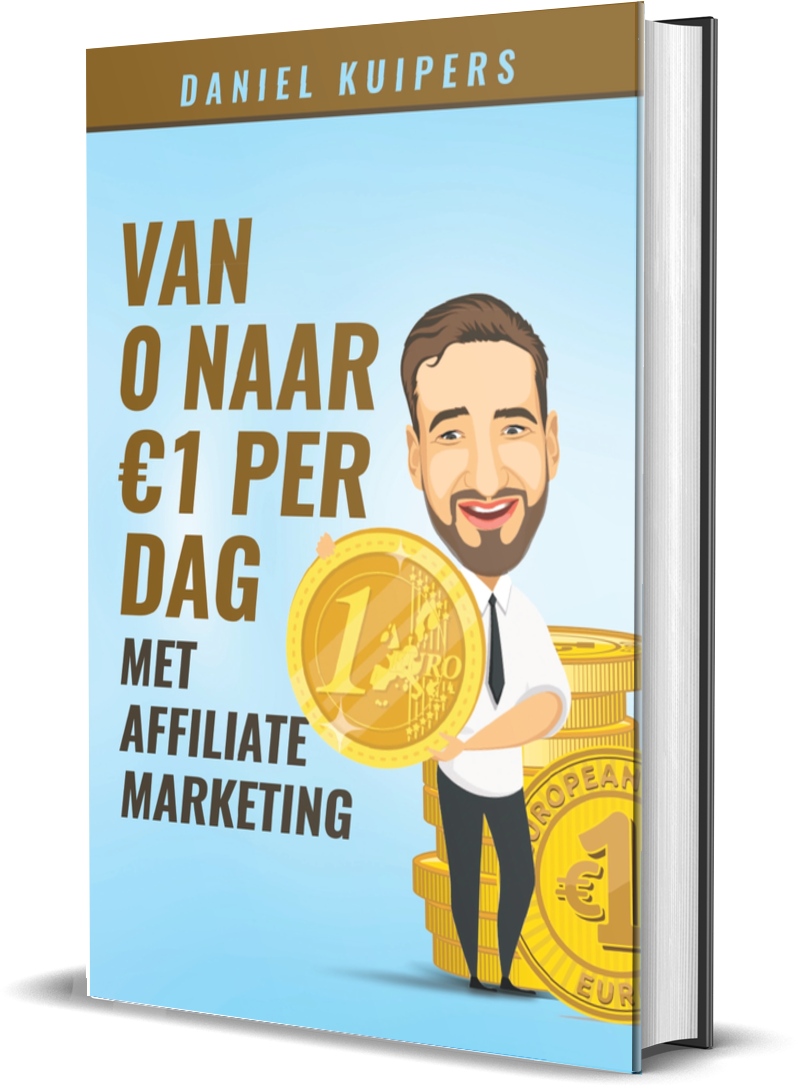
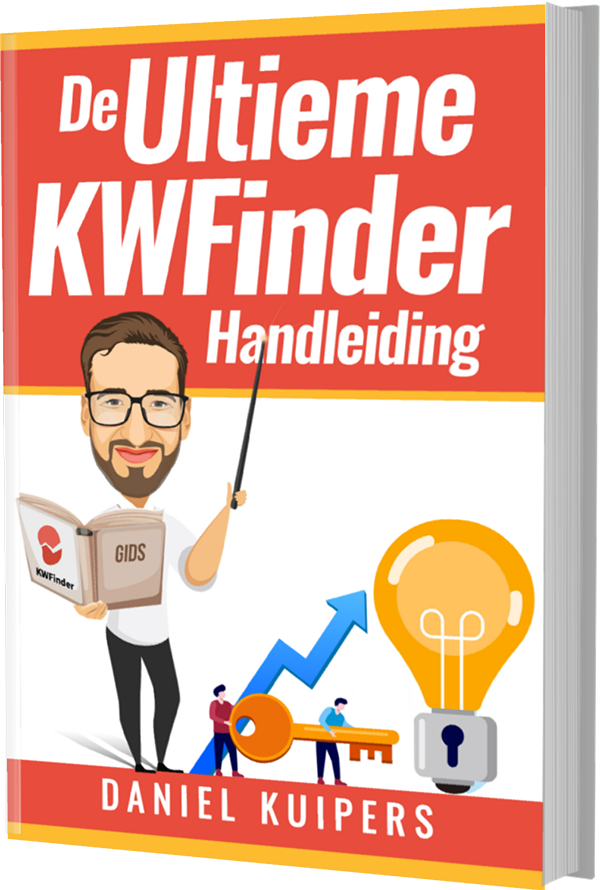
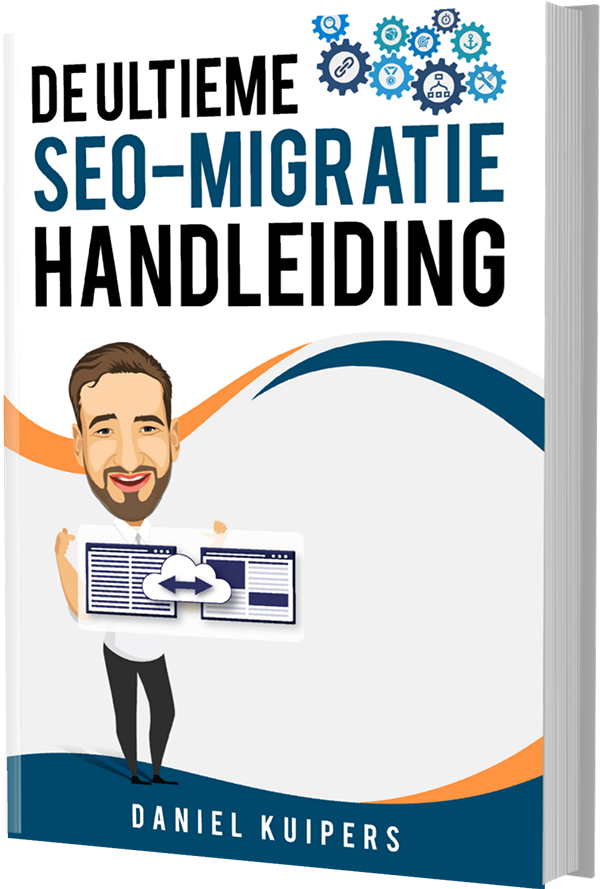
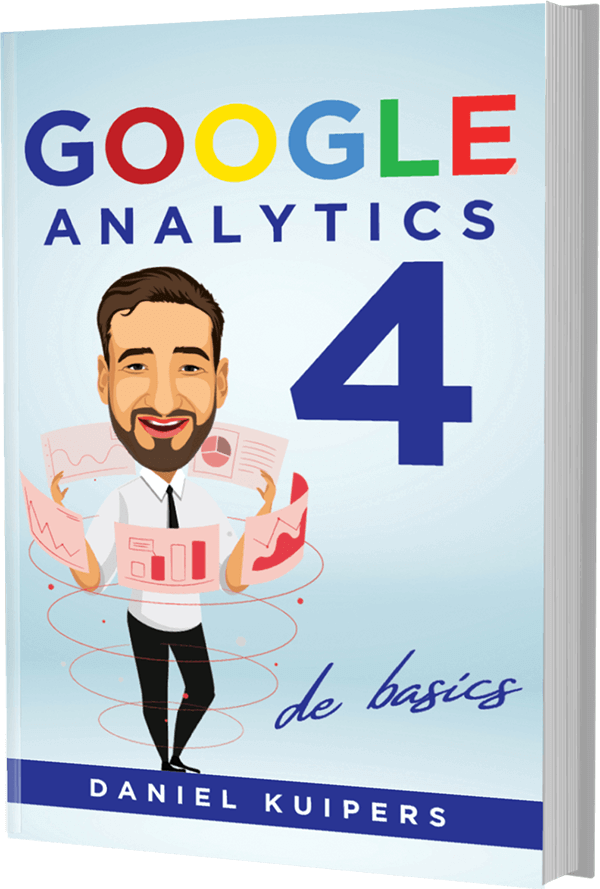
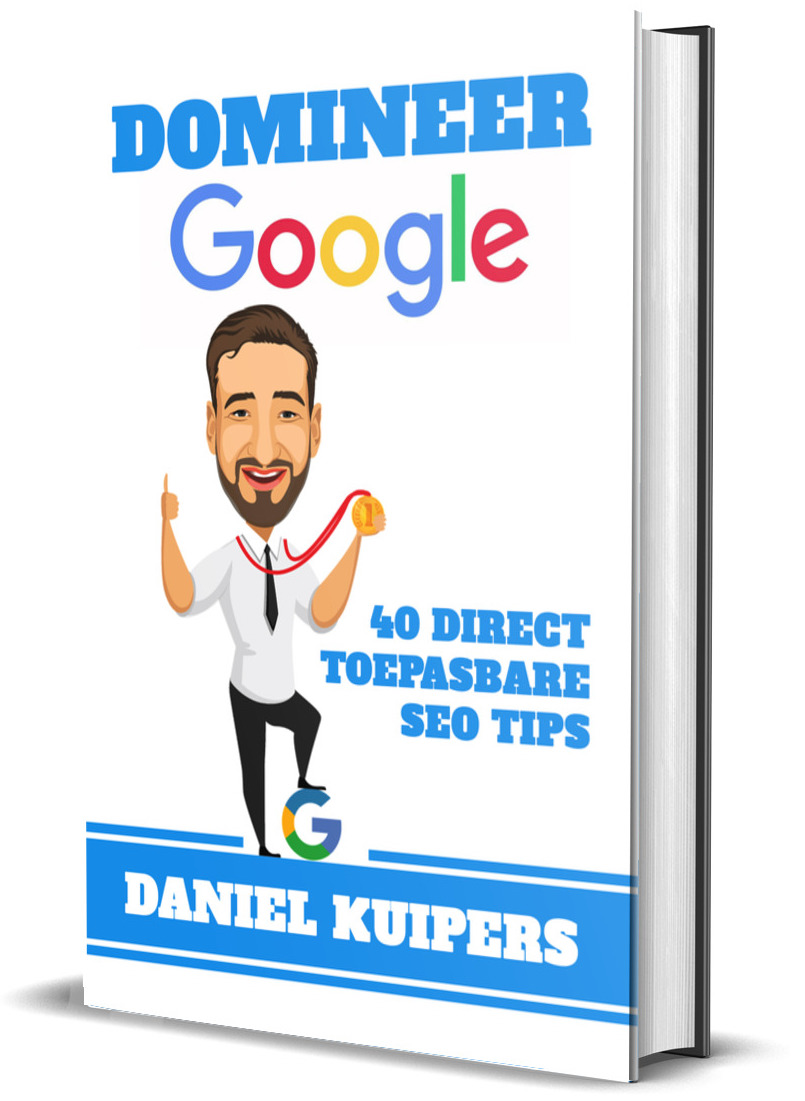
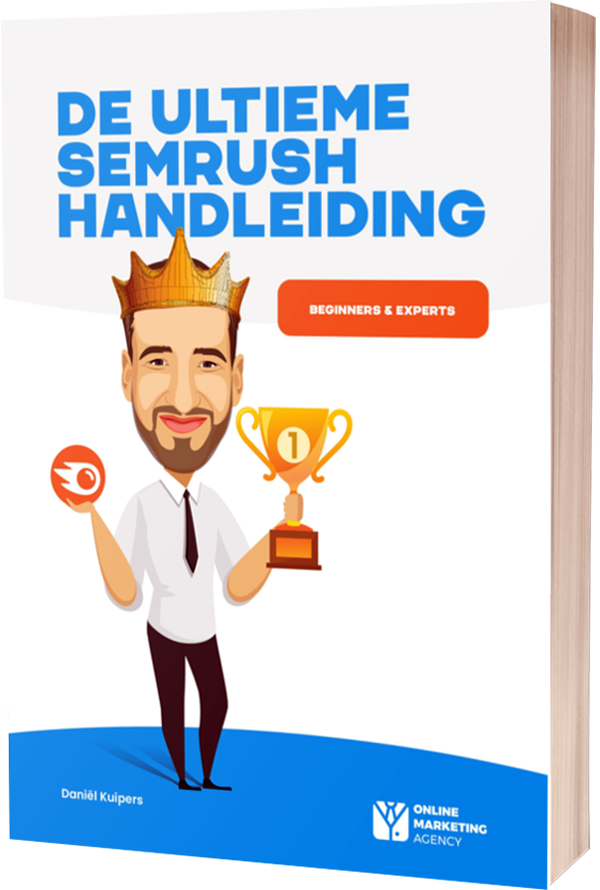

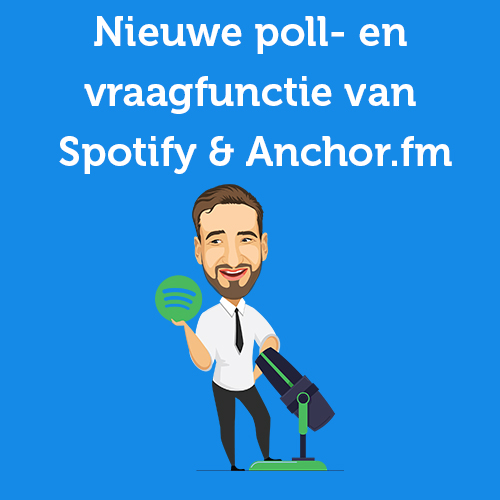
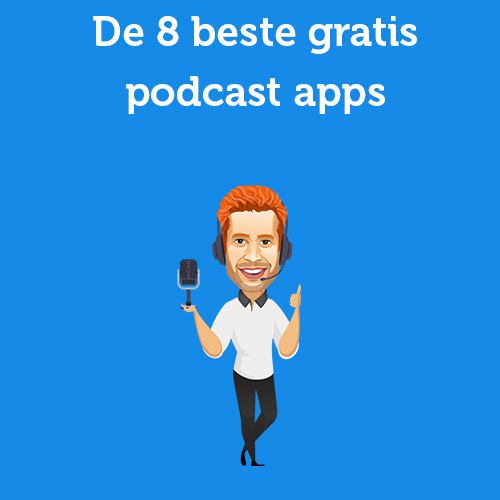
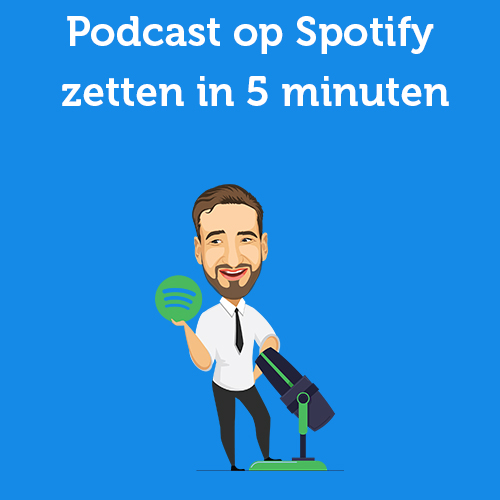
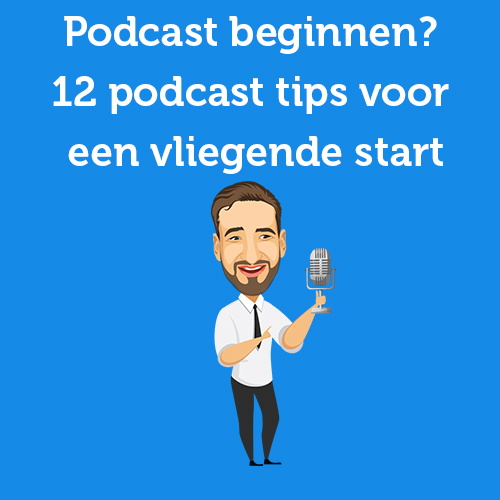
Written by: Daniel Kuipers
Daniel is the founder of Online Marketing Agency. He constantly scours the Internet for the latest gadgets and tactics and blogs about them in understandable language. Well, sometimes.